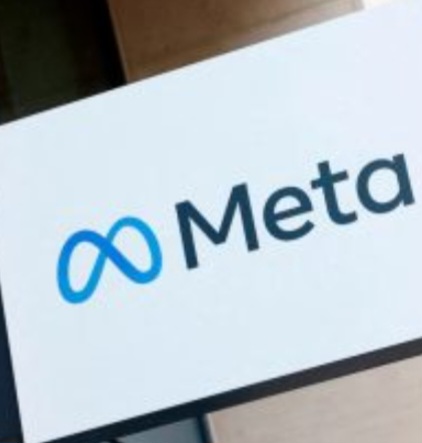The International Fact-Checking Network (IFCN) has raised concerns over Meta’s recent decision to shift to crowdsourced fact-checking in the United States.
In an open letter to Mark Zuckerberg, the IFCN, a part of the nonprofit Poynter Institute, criticized the move as a “step backward” for accuracy and evidence-based discussion. The letter, signed by 71 fact-checking organizations worldwide as of Thursday night, emphasized the importance of professional fact-checking in maintaining trustworthy information online.
The announcement, made by Meta on Tuesday, revealed plans to replace third-party fact-checkers with crowdsourced moderation on platforms like Facebook, Instagram, and Threads.
The IFCN argued that this decision could have serious repercussions, including financial challenges for fact-checking organizations reliant on Meta partnerships and the potential for real-world harm if the program is discontinued globally.
Meta, which maintains fact-checking partnerships in over 100 countries, has not announced plans to end the program worldwide.
Meta’s approach mirrors Elon Musk’s community notes system on X, where users collaboratively moderate content. The IFCN suggested that crowdsourcing could complement professional fact-checkers in a “new model” for moderation. However, they warned that social media platforms must prioritize accuracy to maintain user trust, emphasizing that misinformation could deter people from engaging with or conducting business on these platforms.
Meta, which had 3.3 billion daily users in September, holds a significant share of the digital ad market in the U.S., second only to Google.
Despite the potential risks of misinformation, ad industry experts believe the changes are unlikely to hurt Meta’s business in the near term.













